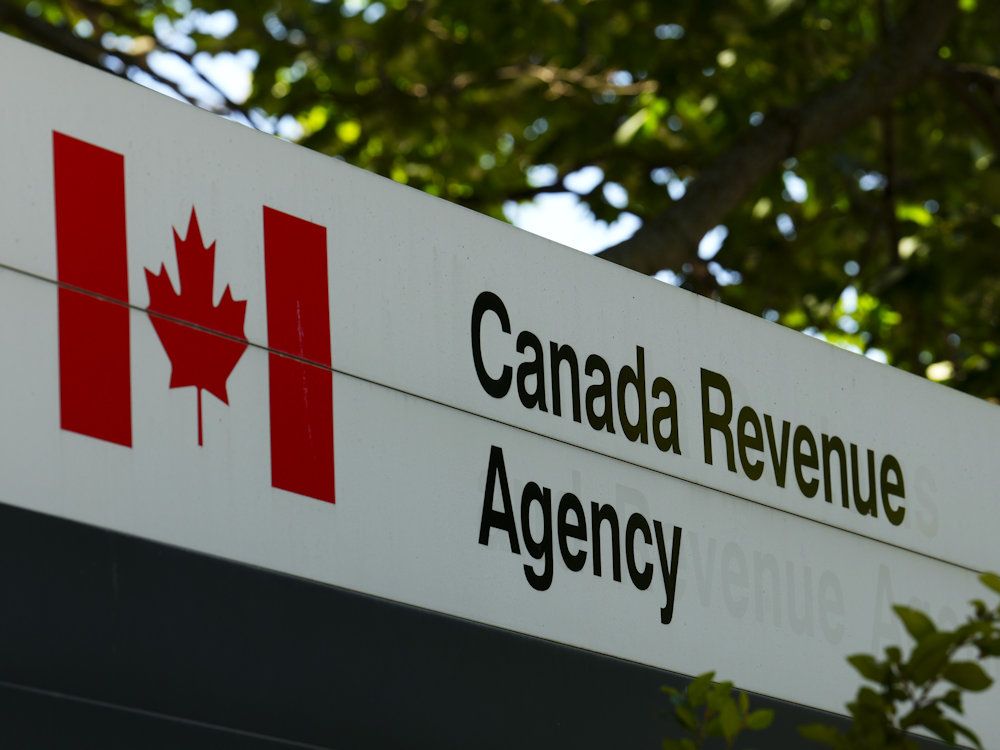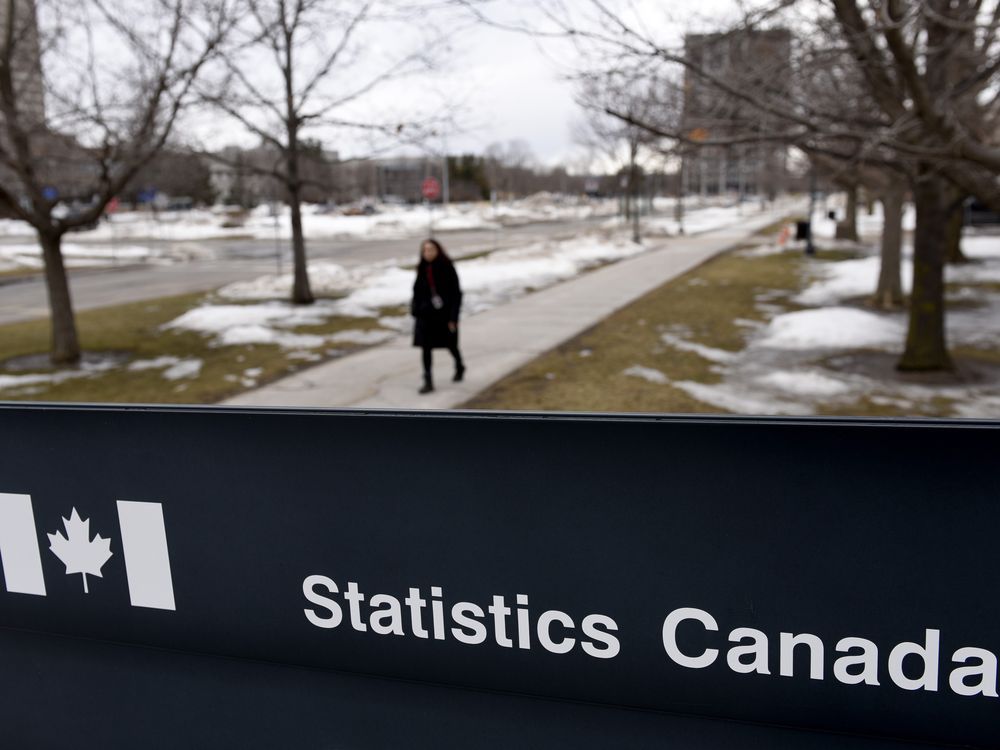Published Dec 26, 2024 • Last updated 0 minutes ago • 3 minute read

The topic on everyone’s mind is tariffs: Will Trump act on his threat to impose 25% across-the-board tariffs on the Canadian economy?
Advertisement 2
THIS CONTENT IS RESERVED FOR SUBSCRIBERS ONLY
Subscribe now to read the latest news in your city and across Canada.
- Unlimited online access to articles from across Canada with one account.
- Get exclusive access to the Toronto Sun ePaper, an electronic replica of the print edition that you can share, download and comment on.
- Enjoy insights and behind-the-scenes analysis from our award-winning journalists.
- Support local journalists and the next generation of journalists.
- Daily puzzles including the New York Times Crossword.
SUBSCRIBE TO UNLOCK MORE ARTICLES
Subscribe now to read the latest news in your city and across Canada.
- Unlimited online access to articles from across Canada with one account.
- Get exclusive access to the Toronto Sun ePaper, an electronic replica of the print edition that you can share, download and comment on.
- Enjoy insights and behind-the-scenes analysis from our award-winning journalists.
- Support local journalists and the next generation of journalists.
- Daily puzzles including the New York Times Crossword.
REGISTER / SIGN IN TO UNLOCK MORE ARTICLES
Create an account or sign in to continue with your reading experience.
- Access articles from across Canada with one account.
- Share your thoughts and join the conversation in the comments.
- Enjoy additional articles per month.
- Get email updates from your favourite authors.
THIS ARTICLE IS FREE TO READ REGISTER TO UNLOCK.
Create an account or sign in to continue with your reading experience.
- Access articles from across Canada with one account
- Share your thoughts and join the conversation in the comments
- Enjoy additional articles per month
- Get email updates from your favourite authors
Article content
Article content
Article content
But there’s something else Canadians should worry about — income taxes.
During President-elect Donald Trump’s first term, he lowered income taxes for Americans at virtually all income levels.
And Trump pledged during the presidential election campaign to cut taxes further.
Here in Canada, our tax rates are already uncompetitive. With a possible tax cut south of the border, it’s time to re-examine Canada’s income tax policies.
Let’s take a gander at how Canadians who earn $75,000 a year are taxed compared to Americans.
A taxpayer in Ontario earning $75,000 a year pays an income tax rate of about 30%.
Compare that to the two states bordering Ontario: Michigan and New York. In Michigan, a taxpayer earning $75,000 a year pays a 26.3% income tax rate. And in New York, one of the highest-taxed states in the U.S., that taxpayer would face a 27.5% income tax bill.
By signing up you consent to receive the above newsletter from Postmedia Network Inc.
Article content
Advertisement 3
Article content
Considering sales taxes and hydro rates are lower south of the border, Canada is clearly at a disadvantage. Add to that the fact that Canadians pay a punishing carbon tax while Americans don’t.
The situation is even more stark for those with higher incomes.
A taxpayer earning $150,000 in Ontario sends roughly 41.7% of their income to Queen’s Park and Ottawa in income taxes.
Compare that once again to Michigan and New York. A Michigander making $150,000 a year pays a 28.3% income tax rate. And a New Yorker pays 30%.
These numbers are glaring. Canadians pay dramatically higher income taxes than our neighbours to the south. And Michigan and New York are some of the higher-tax states.
In Texas, a taxpayer earning $150,000 pays a 24% income tax rate. That’s lower than the income tax rate for an Ontarian who earns half that much.
Advertisement 4
Article content
The cross-border tax gap will likely grow further in the new year. Trump says he plans to further lower income taxes while the governments of Prime Minister Justin Trudeau and Ontario Premier Doug Ford show little appetite for providing taxpayers up north with a similar break.
For the sake of Canada’s economic competitiveness, income tax cuts need to be placed firmly back on the public policy agenda.
Ford promised to cut income taxes for middle-class Ontarians by nearly $800 a year when he first became premier six years ago. He pledged to do so by lowering Ontario’s second income tax bracket by 20%.
If there was ever a time for Ford to follow through on his election promise, that time is now.
The feds need to look at cutting income taxes too. Most of the income tax burden in Canada is caused by high tax rates at the federal level.
Advertisement 5
Article content
To insulate Canada from the magnetic pull that will be triggered by a second round of Trump tax cuts, Trudeau must look at lowering personal income tax rates.
Trudeau can cut income taxes substantially without hiking the deficit because there are plenty of opportunities for savings.
Here’s where to start: The Trudeau government spent $47 billion on corporate welfare in 2021.
If Trudeau eliminated corporate welfare, the feds could cut personal income taxes by 20% across the board without hiking the deficit.
Canada’s politicians can’t be complacent. We can’t control what Trump does when he gets back into the White House. Still,
Canada’s politicians can control public policy north of the border to make the Canadian economy more competitive.
That starts with cutting income taxes.
Jay Goldberg is Ontario director of the Canadian Taxpayers Federation
Article content
.png)
 2 weeks ago
23
2 weeks ago
23


































 Bengali (BD) ·
Bengali (BD) ·  English (US) ·
English (US) ·